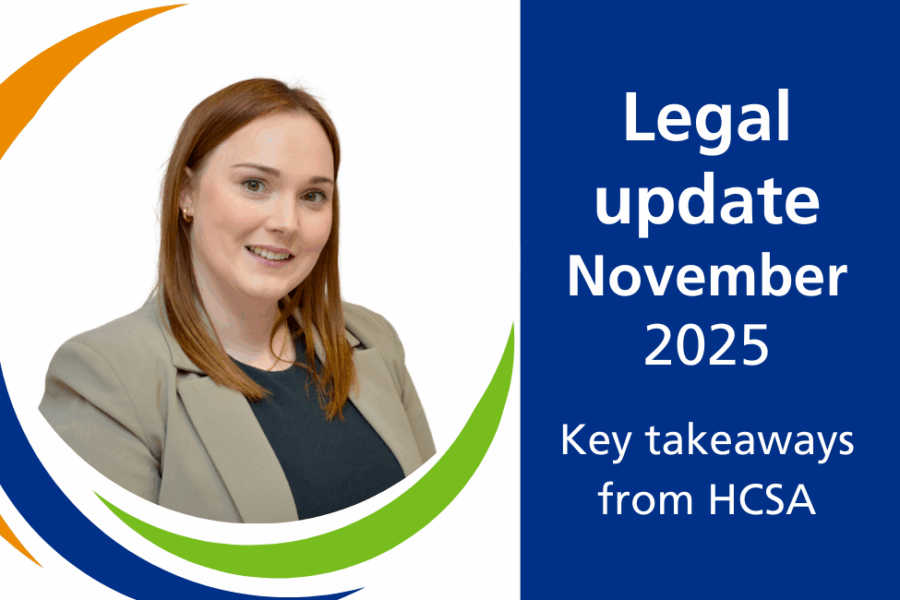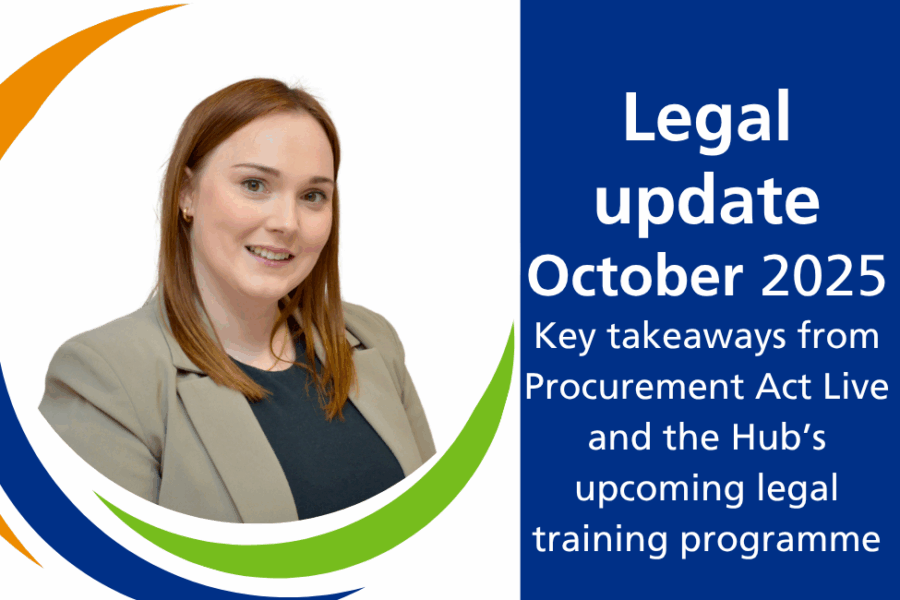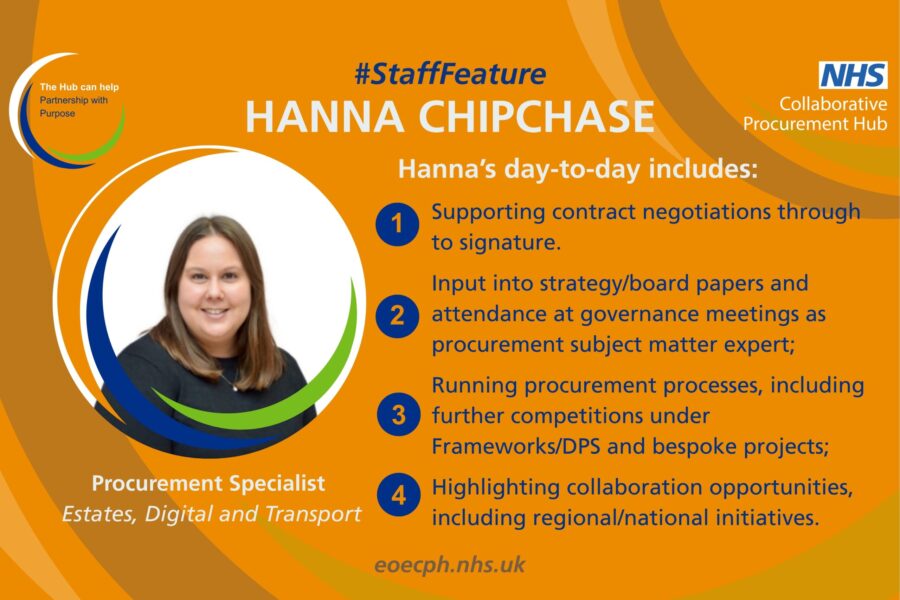
Wide ranging experience
A number of our staff have in-trust pharmacy experience, meaning they have an in-depth understanding of the unique requirements and pressures of our pharmacy customers. We also have extensive procurement experience in our Pharmacy team; together, they deliver a service that has a real impact on improving patient experience and outcomes.





